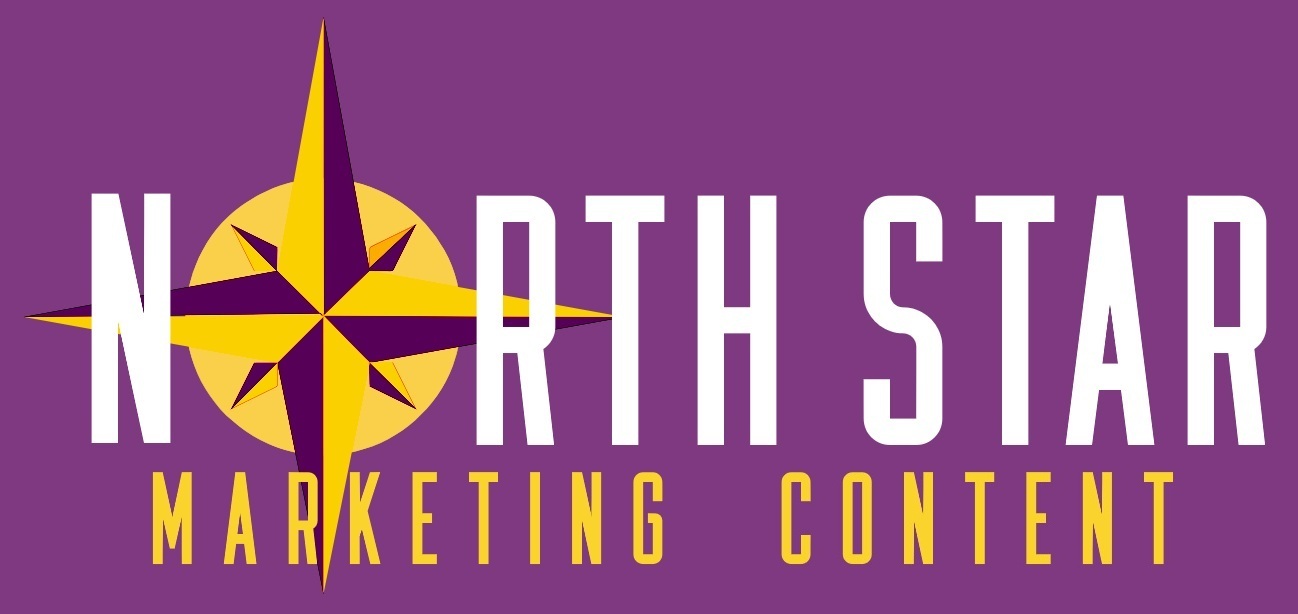You might know there’s a school of thought in writing: You have to write at an eighth-grade level because that’s the reading level of the majority of Americans. Combine that with the notion that “people don’t have time to read” and you end up with very short, very elementary copy that doesn’t tell you much of anything.
This is how we’re supposed to express the business value of a cybersecurity consultant? Or a technology developer? Or a logistics services firm? Or a nonprofit consulting company? Or a 3PL?
We think differently about this. Regardless of where the mainstream of society may or may not be, we believe the key audiences of our clients should be addressed like the adults and the professionals they are. We will use complex sentences if an idea calls for it. We will use big words – not gratuitously (there’s one right there!) but if it’s the best word to express an idea, you bet. We will avoid acronyms most of the time because we think it’s better to be clear than to be quick.
Remember, our job is to tell the story of the value each client provides. And our first priority is to tell it to the client’s “village,” which consists of audiences like current and former clients, current and former employees, vendors, professional associates, relevant industry media and others who are already close to them and are in a position to serve as ambassadors and referral sources. They already know the basics. Our job is to build on their knowledge and understanding of the company with greater detail and insight.
With all due respect to eighth-graders (we were that once too), we think people in the professional world who deal with our clients can handle a bit more sophistication.
Now, there are limits to this. Early in Dan’s career when he was with Franco Public Relations Group, he had a client who would tell him not to make the copy he wrote too easy for readers to understand. If they didn’t come away from it confused, the client explained, he might not come off as intellectually superior like he thought he needed to.
That’s ridiculous. Being hard to understand doesn’t make you smart. Being able to express yourself clearly and effectively makes you smart.
But we do think the business community sometimes dumbs down its message for the lowest-common-denominator audience, or for the most impatient.
We think our clients’ stories are worth a few extra minutes to read in full. We think the depth of what they do deserves some more sophisticated words on occasion, or even a long sentence!
And we think you can handle reading that. So we’ll continue to write that way.

